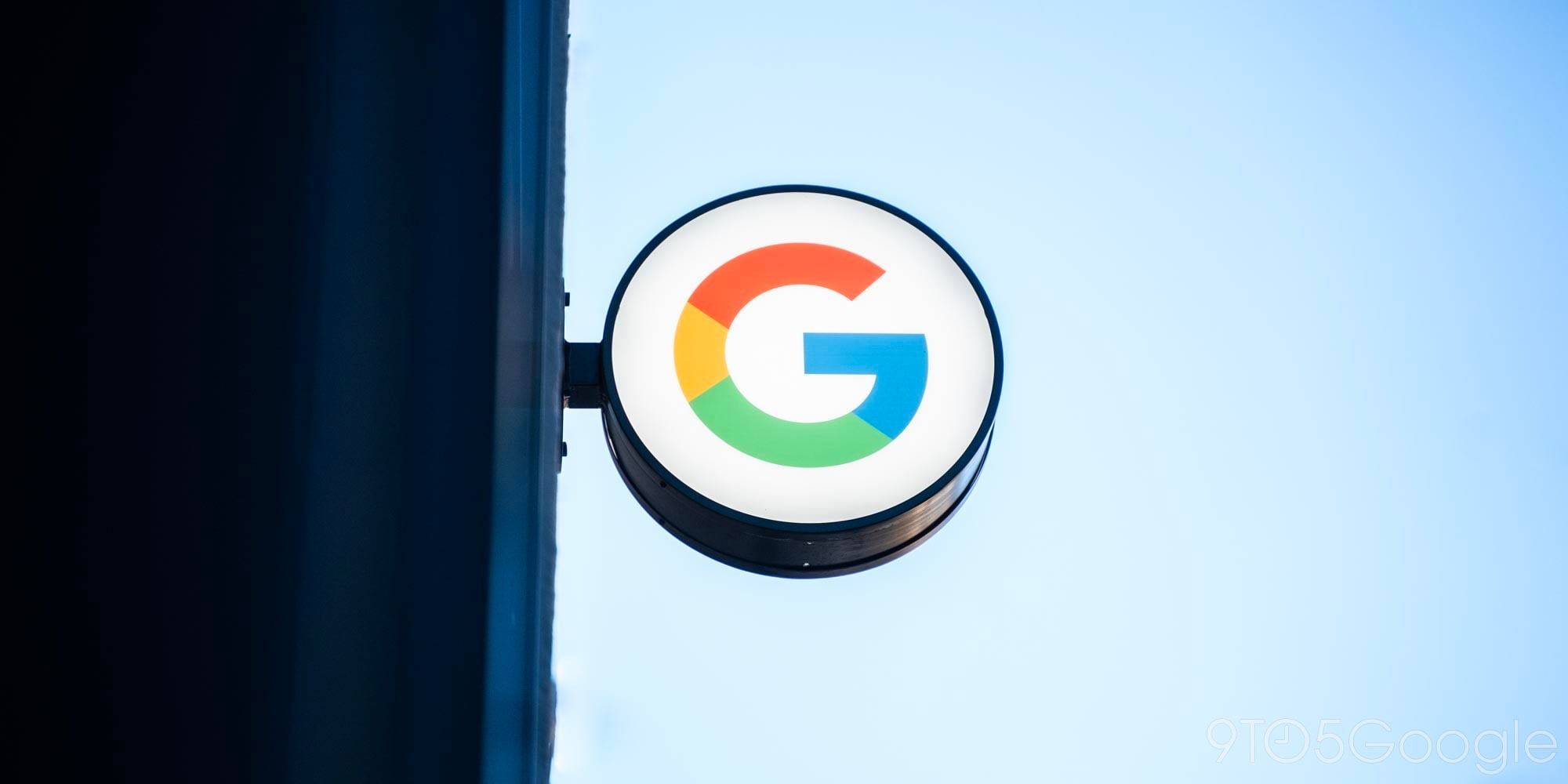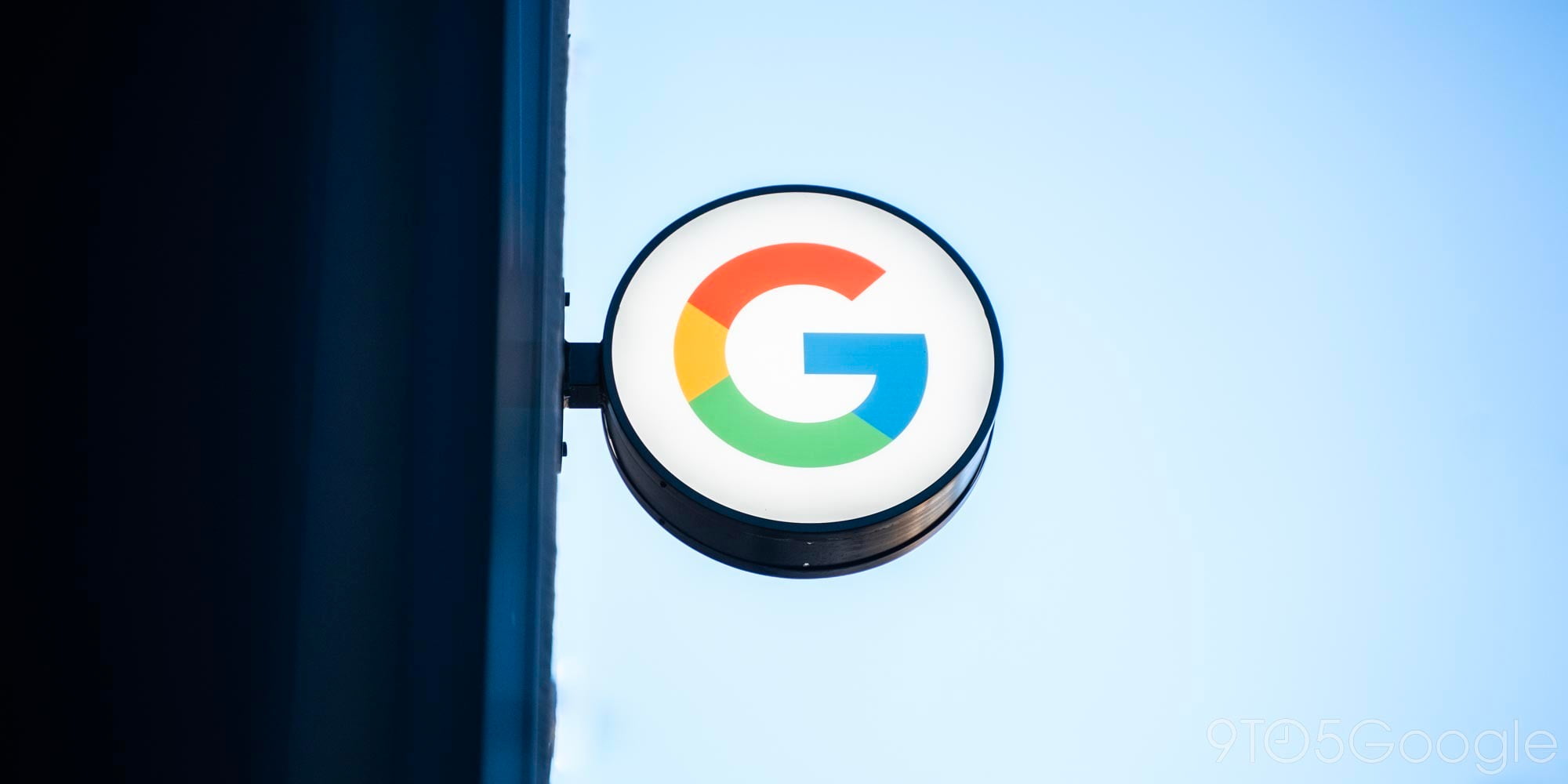Report: Google to take on AmazonFresh, will begin testing fresh-food delivery in two US cities this year

Bloomberg reports that Google will begin testing grocery and fresh food delivery in two US cities later this year in an attempt to directly compete with AmazonFresh. Brian Elliot, general manager of Google Express stated that the company will be partnering with Whole Foods Market and Costco Wholesale, among others, to deliver the new service. Initial testing will begin in San Francisco and one other unnamed city…



